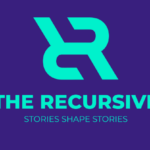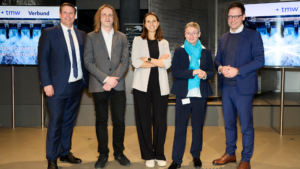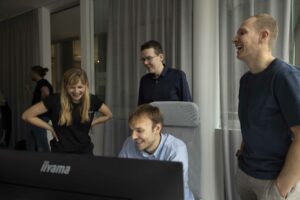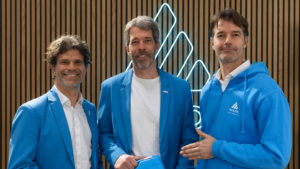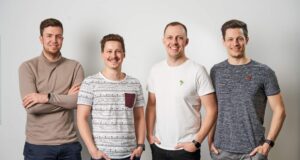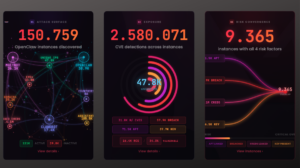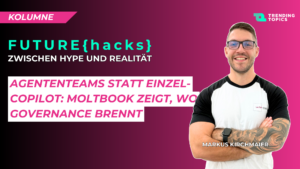How 10 European Countries Integrate AI Entrepreneurship in the Classroom to Bridge the Continent’s Skills Gap
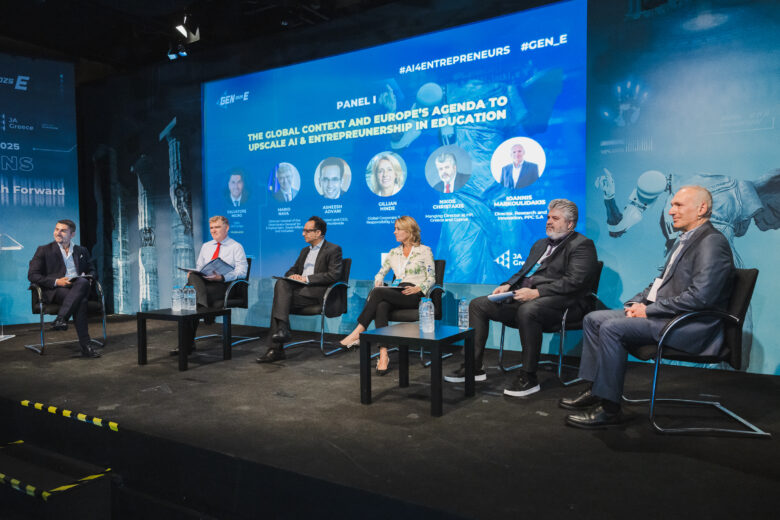
Across Europe, schools are racing to catch up with AI, and AI education in Europe is moving from debate to action. While policymakers debate frameworks and ethics, ten countries are already taking concrete action, embedding AI entrepreneurship directly into classrooms, sometimes as early as secondary school.
At the center of this effort is AI-ENTR4YOUTH, a three-year programme coordinated by JA Europe and supported by Intel and the European Commission. Recognized by the World Economic Forum as one of the world’s top eight initiatives in AI education, the project blends AI literacy with hands-on entrepreneurship. Initially launched in Italy, Portugal, and Spain, it has now expanded to Albania, Bulgaria, the Czech Republic, France, Greece, Romania, and Ukraine through a partnership with EIT Food, which focuses on applying AI to the agrifood sector.
The program’s results were on display at Gen-E 2025, Europe’s largest youth entrepreneurship festival, held in Athens. Students from over 40 countries showcased AI-driven projects tackling challenges from remote health monitoring to sustainable farm management, proof that Europe’s next generation isn’t waiting for permission to innovate.
Europe’s Critical AI Skills Gap
Despite this momentum, the continent faces a widening skills gap.
Mario Nava, from the Directorate-General for Employment, Social Affairs and Inclusion at the European Commission, captured the urgency:
“We asked Cedefop to evaluate the impact of AI, and they found that over 60% of European workers will require additional training to cope with AI’s impact, either immediately or within the next year.”
Employers already feel the strain. An EY survey, highlighted by Gillian Hinde, revealed that 77% of European businesses struggle to attract AI-skilled talent. Among young people, the picture is equally concerning. A 2024 study of 7,000 students found that while 74% of those aged 12–17 believe AI will shape their future careers, only 46% feel their schools prepare them adequately. Experts warn that without structured education, students risk either misusing the technology or becoming passive consumers of systems they don’t understand.
Learning by Doing: AI Meets Entrepreneurship
AI-ENTR4YOUTH was designed to bridge precisely this divide. Built around project-based learning (PBL), it gives students hands-on experience creating AI-enabled products and businesses — a proven approach that enhances retention and motivation.
For Ajsel Budlla, a high school student from Albania, that experience was transformative.
“Initially, building an AI model seemed unimaginable. But once you start working hands-on, you quickly realize it’s achievable, and the results make you proud,” she said.
Ajsel founded PulsePal, a startup that tracks patients’ vital signs in real time and sends data to healthcare providers — a response to limited access to medical care in rural Albanian communities. The project earned her the Code Week Digital Innovation Award.
Through a 52-hour educational journey, students like Ajsel move from identifying real-world problems to building prototypes, testing them, and pitching their business ideas. The curriculum covers everything from data literacy and AI ethics to Python programming, computer vision, and no-code AI tools, giving them both technical and entrepreneurial grounding.
Salvatore Nigro, CEO of JA Europe, said the results are tangible:
“We were among the very first to launch AI education in schools. We’ve learned a lot since then, and the results speak for themselves. When you walk through student expos, you see it — young people are integrating AI into their businesses.”
Asheesh Advani, CEO of JA Worldwide, sees the programme as redefining what AI education means.
“It’s not just about building an AI solution, but embedding the use of AI throughout the business development process. Many student teams use AI to improve business plans, refine their outputs, and test ideas faster.”
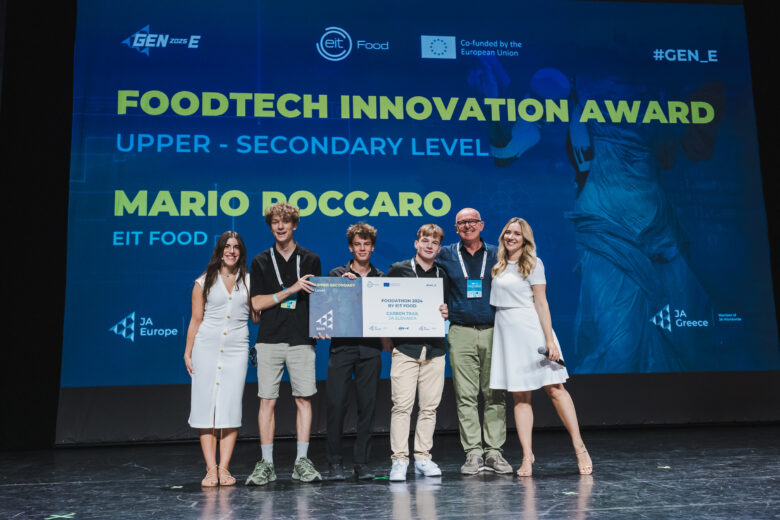
Behind the Scenes: Building Trust in the Classroom
The programme’s success didn’t happen overnight. It required years of local adaptation and close collaboration with teachers to ensure the content worked in diverse education systems.
Diana Filip, Deputy CEO of JA Europe, recalls:
“It was essential to tailor the content to what teachers needed and to figure out how to effectively combine the AI and entrepreneurship modules. We were able to scale because we first tested everything locally, working closely with educators on the ground.”
This approach fostered a sense of ownership among teachers and helped make the programme adaptable to local contexts — from urban classrooms in France to rural schools in Albania.
A Shift Toward Systems Thinking
At Gen-E, Francesca Matieri, Head of Education at JA Italy, noted that integrating AI and entrepreneurship means more than adding coding lessons.
“It’s about reshaping our entire approach to education,” she said.
Her view is echoed by Mario Roccaro, Program Manager for Education at EIT Food:
“We must transition from isolated vertical subjects to a systems-thinking approach. AI allows us to connect disciplines — from science to philosophy — and make education inherently interdisciplinary.”
For Rafael Flores, a teacher at SAFA Écija in Seville, that shift has been transformative for his students:
“The project brought AI closer to rural students with limited computing experience. It encouraged them to analyze their local environment, identify community needs, and use AI to improve quality of life or environmental conditions.”
Challenges on the Road to Scale
Scaling the initiative across Europe, however, remains a complex challenge. Last year alone, JA Europe reached 6.5 million young people, and its goal is to reach 25 million in the coming years. But AI-ENTR4YOUTH’s expansion depends on local education systems — and they vary widely.
Katia Teixeira from JA Portugal highlighted one of the key obstacles:
“Teachers are our greatest asset; they connect students to these innovations. But training alone isn’t sufficient — teachers need the right ecosystem, tools, and corporate volunteers with technical expertise.”
In Spain, 73% of schools already benefit from corporate partnerships that support AI education. In Portugal, however, more than 60% of teachers are over 60 years old, making it harder to adopt new methodologies. Scaling will require simplifying the onboarding process, ensuring sustainable funding, and maintaining the focus on experiential learning.
To support these efforts, the European Commission, together with the OECD and endorsed by the G7, has recently introduced a draft Artificial Intelligence Literacy Framework for primary and secondary education.
As Mario Nava explained,
“We aim to create an ecosystem where initiatives like JA, the European Institute of Innovation and Technology (EIT), and vocational training are connected and reinforce each other.”
Building Europe’s Next Generation of AI Creators
The long-term vision is bold but clear: to ensure Europe’s youth are not just users of AI, but builders of it. Alumni like Cornel Amarei, founder of .lumen — a company developing glasses for the blind that recently raised over €15 million — exemplify the ripple effect of this mindset.
As Salvatore Nigro summed up:
“AI-ENTR4YOUTH proves young people can do more than use AI — they can build with it, question it, and apply it for the public good. They’re not only future consumers of AI. They’re future creators.”
